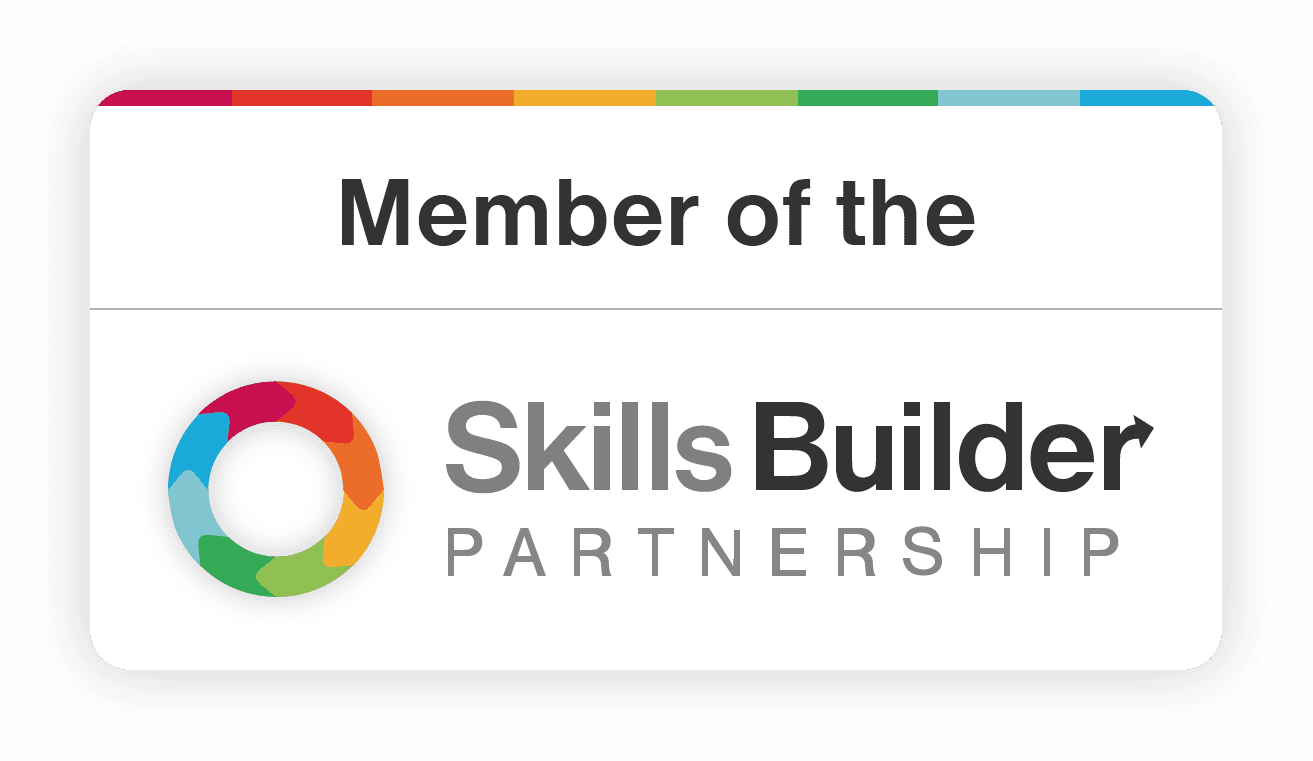Fundamental British Values
At Yeoman Park Academy, we promote British values through our spiritual, moral, social and cultural education which runs throughout the academy curriculum and supports the development of the ‘whole learner’. We also recognise that we are part of Nottinghamshire, and promote this to our learners at the academy.
We recognise that development of these values is most successful when they are promoted by all the staff, providing a model of behaviour for our learners. The curriculum offers broad and balanced opportunities.
Learners are encouraged to experience British culture through our curriculum themes. For example, there are opportunities to visit many local places and we take part in sporting activities to help instil fair play and encourage team spirit.

Individual liberty
- School Council that organise class and whole school events.
- Access to communication systems which ensure learners can use their voice to make choice.
- Learners participate in open-ended activities and carrying out daily routines involving problem solving and reasoning.
- Learners have choice over activities to choose and the difficulty of the task set.
- Friday star of the week assemblies provides opportunities for learners to bring in achievements from activities and events they have participated in from outside of school to share with their peers.
- Friday theme days provide time for learners to share cultural events, special days/weeks and religious festivals.
The Rule of Law
- Conscious adult modelling of positive and appropriate behaviour applied from Early Years and continued in all classes throughout the academy.
- Learners supported to understand and uphold the Yeoman Park vision and ethos.
- Learners supported to develop independence to appropriately and safely negotiate the spaces they move around within class, and when transitioning into, out of and around the academy.
- Learners supported to understand right and wrong, and supported/encouraged to make good choices. Where good choices have not been made, time for reflection, and discussion (personalised by age and stage appropriate) is provided to enable learners to make good choices next time.
- Visual/tangible reward systems and sanctions personalised to support learners to be motivated to follow the rules and values.
- Staff awareness of and adherence to each learner’s personalised positive support profile is used as a conscious preventative measure to ensure each learner’s daily structure is personalised to meet their academic, sensory, physical and emotional regulation needs, thus supporting the learners to feel receptive to their learning and making positive choices.
Tolerance of those with different faiths and beliefs
Friday Theme Days provide time for learners to celebrate cultural events, special days/weeks and religious festivals.
- Sharing stories, music and art from other cultures and religions.
- Having a range of different artefacts for learners to explore and discuss.
- Use of assemblies for sharing the learning about different events, people and places.
- Cross-curricular lessons link to learning about another culture such as Chinese New Year where learning about China and Chinese traditions and beliefs take place.
- Teaching and learning through lessons and activities based on the curriculum to promote awareness, understanding and discussion around tolerance, culture and religion.
Democracy
- Voting in school council members and key roles within the council e.g. shopping and register monitors.
- Representatives from each class make up the members of school council.
- Regular expressions of interests, views influence whole academy decisions throughout the school year – fed from the half termly school council meetings.
- Turn taking through a variety of games and activities.
- Job roles such as taking the register, collecting and giving out equipment etc. delegated with each learner having equal responsibilities in each class.
- Job roles within teams are used during practical lesson and activities to organise equipment or take on key roles.
- Small decisions within the classroom such as a whole class book to read or what toys to have on the playground.
- Learners make choices and express themselves in contribution towards debating ideas, learning to express their opinions and listen to the opinions of others.
Mutual Respect
- Learners explore what makes them different to others and what makes them similar to others.
Sorting activities, games such as ‘odd one out’ to promote awareness of difference and discussion (development stage appropriate) in many activities/lessons. - Learners experience and learn about what others around the world are doing through religious festivals celebrations/assemblies.
- Learners are praised verbally in the moment for demonstrating school values such as acts of kindness friendship and respect towards others.
